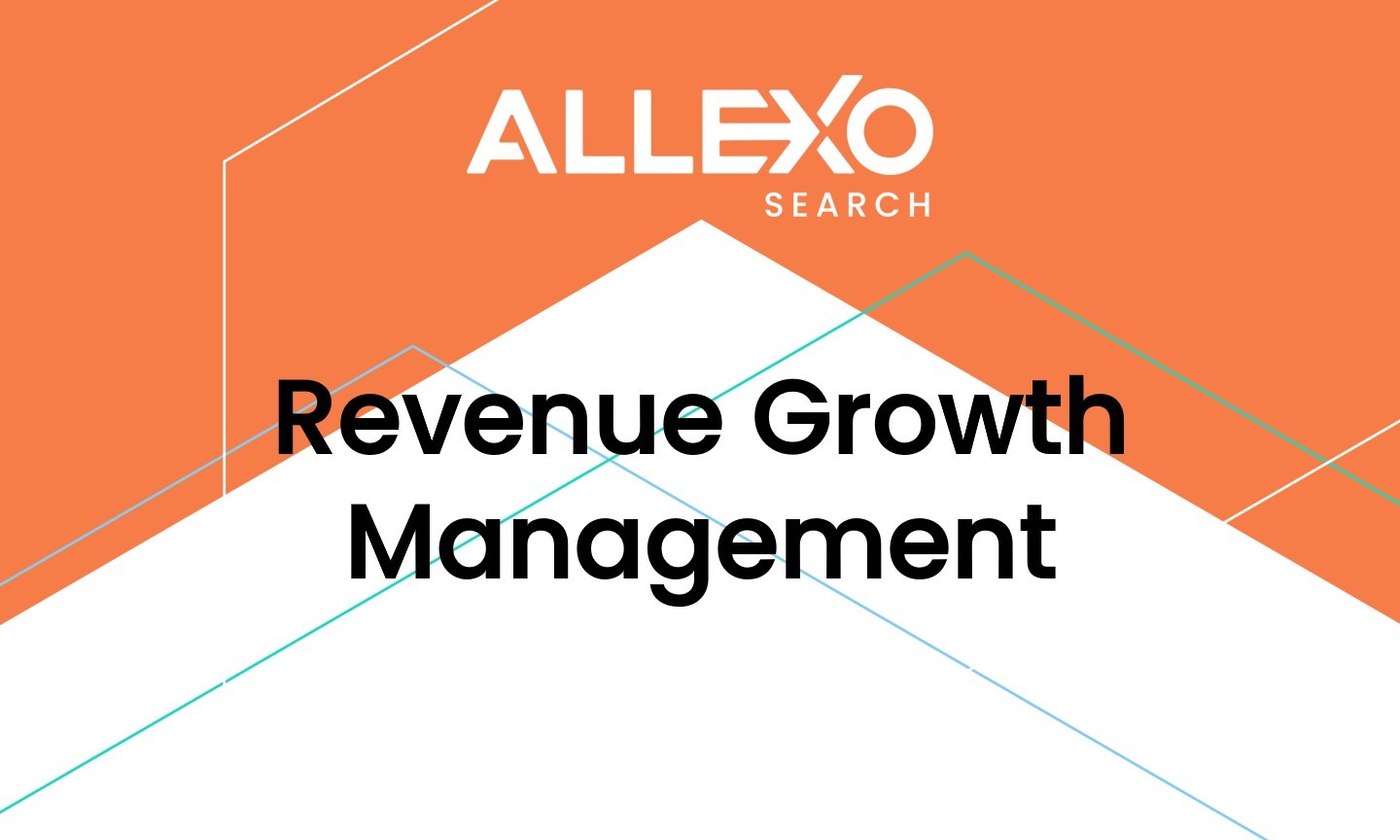Revenue Growth Management (RGM) isn’t just a buzzword anymore—it’s one of the most critical commercial levers in FMCG today.
What began as a pricing and promotions function has evolved into a far-reaching strategic capability. In 2025, we’re seeing RGM embedded at the heart of commercial teams, guiding decisions across pricing, assortment, pack architecture, trade investment and customer planning. It’s no longer about squeezing margin—it’s about shaping sustainable, data-led growth.
And the industry is responding. From how teams are structured to who gets hired, RGM is changing the rules for commercial talent in FMCG.
Why RGM Has Taken Centre Stage
Several macro trends have elevated RGM from a tactical function to a boardroom imperative:
-
Persistent inflation and consumer trade-down have pushed brands to find growth beyond volume.
-
Retailer pressure on pricing and promotional efficiency has intensified, requiring data-backed justification for every pound spent.
-
Increased channel complexity, including the rise of discounters and direct-to-consumer models, has forced greater commercial precision.
-
The explosion of shopper data and analytics has given companies the tools—but also the expectation—to make smarter, more predictive decisions.
Against this backdrop, RGM has become a strategic response to commercial volatility—enabling brands to grow profitably, not just grow.
How FMCG Companies Are Responding
The shift toward RGM is visible across multiple UK and global FMCG organisations.
Coca-Cola Europacific Partners has significantly expanded its RGM team, building out capability in analytics, channel strategy, and price-pack architecture across Western Europe. The function now sits alongside sales, category and commercial finance.
Kraft Heinz has repositioned its RGM team to take a lead role in annual planning, shaping pack and pricing strategies across core categories in response to cost-of-living pressures.
Unilever has embedded RGM into its Growth Hub model, fusing data science with shopper marketing and sales strategy. It’s a signal of how RGM now fuels cross-functional decision-making.
Mondelez and Nestlé have both invested in global Centres of Excellence for RGM, supporting local market teams with data tools, frameworks and best practice.
This is more than a hiring trend. It’s a structural shift in how FMCG businesses plan and execute growth.
What This Means for Sales & Marketing Talent
As RGM becomes a core commercial function, the ripple effects across hiring are significant:
-
Sales professionals are expected to partner more closely with RGM teams, translating insights into customer plans and joint business strategies.
-
Marketing teams are increasingly engaging with RGM on pack-price innovation, brand portfolio design, and promotional ROI.
-
Category managers are being challenged to work more holistically, integrating RGM frameworks into range and merchandising recommendations.
For candidates, this means fluency in commercial analytics, pricing logic, and promotional effectiveness is no longer optional—it’s fast becoming a core competency. And those who can connect the dots between strategy and execution are standing out.
We’re seeing rising demand for hybrid profiles: individuals with strong analytical skills, commercial acumen, and the ability to influence cross-functional teams.
What It Means for Hiring Managers
For hiring managers, this evolution creates both opportunities and challenges.
While demand for RGM capability is rising, the supply of experienced candidates remains relatively narrow—particularly in the UK, where the discipline is still maturing compared to North America or parts of Western Europe.
As a result, we’re advising clients to:
-
Hire for potential, not just experience: Look for commercial talent with strong problem-solving skills, curiosity, and an appetite to learn.
-
Invest in upskilling: Equip existing team members with RGM frameworks and tools to embed capability organically.
-
Clarify RGM’s role in your business: Candidates are increasingly drawn to organisations that treat RGM as a strategic function, not a bolt-on to finance or sales.
Done right, a strong RGM capability can be a talent magnet—particularly for candidates who want to play a visible role in shaping growth strategy.
Final Thoughts
RGM has quietly become one of the most influential drivers of commercial success in FMCG. But it’s no longer quiet. In 2025, it's shaping team structures, job descriptions, and the profile of in-demand talent across the industry.
For candidates, RGM literacy is a competitive edge. For employers, the ability to articulate and operationalise RGM will define not just their financial performance, but their ability to attract and retain the next generation of commercial leaders.
As recruiters working at the intersection of sales, marketing and strategy, we’re seeing this shift play out in real time—and we’re here to help you stay ahead of it.




